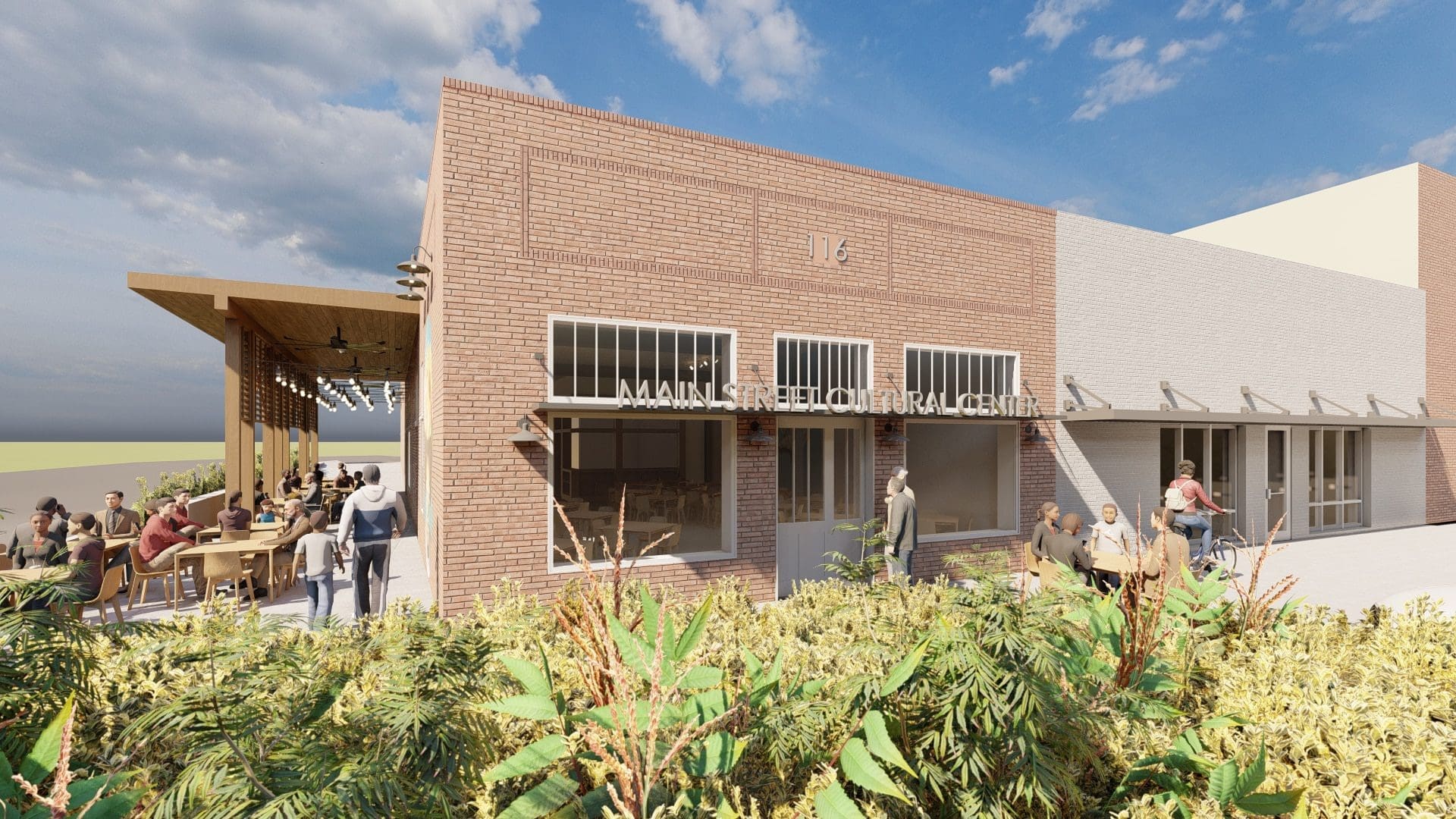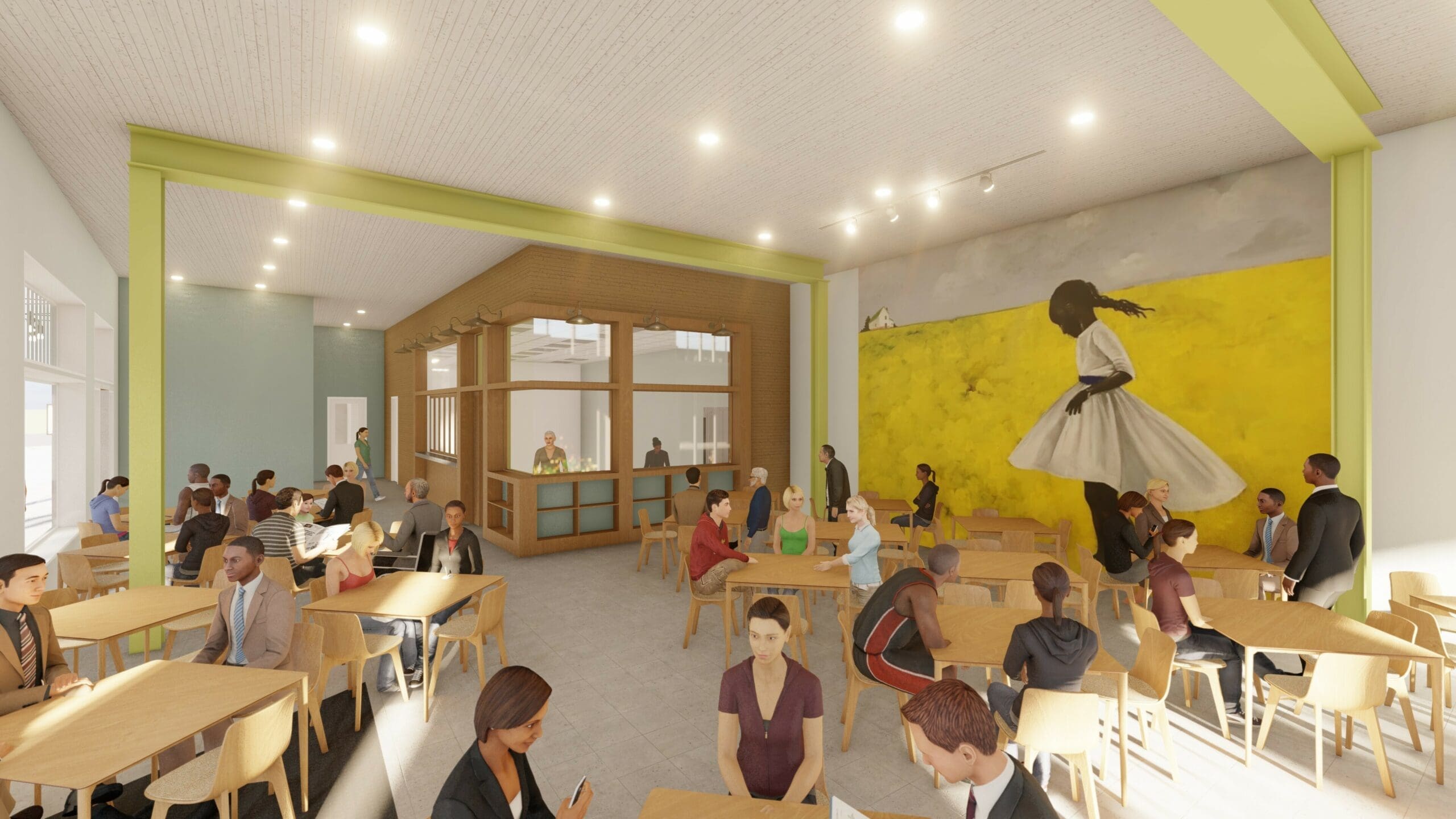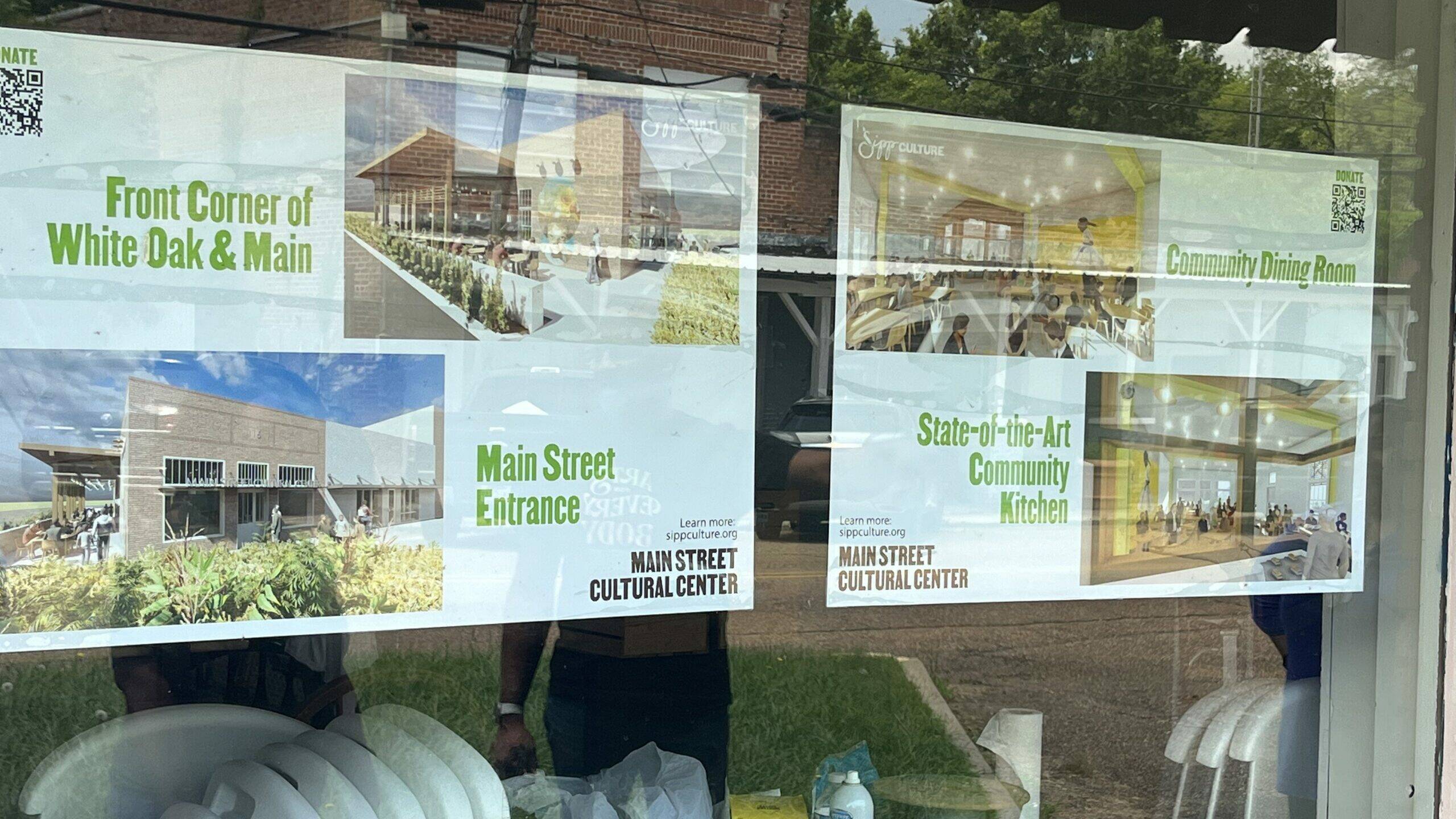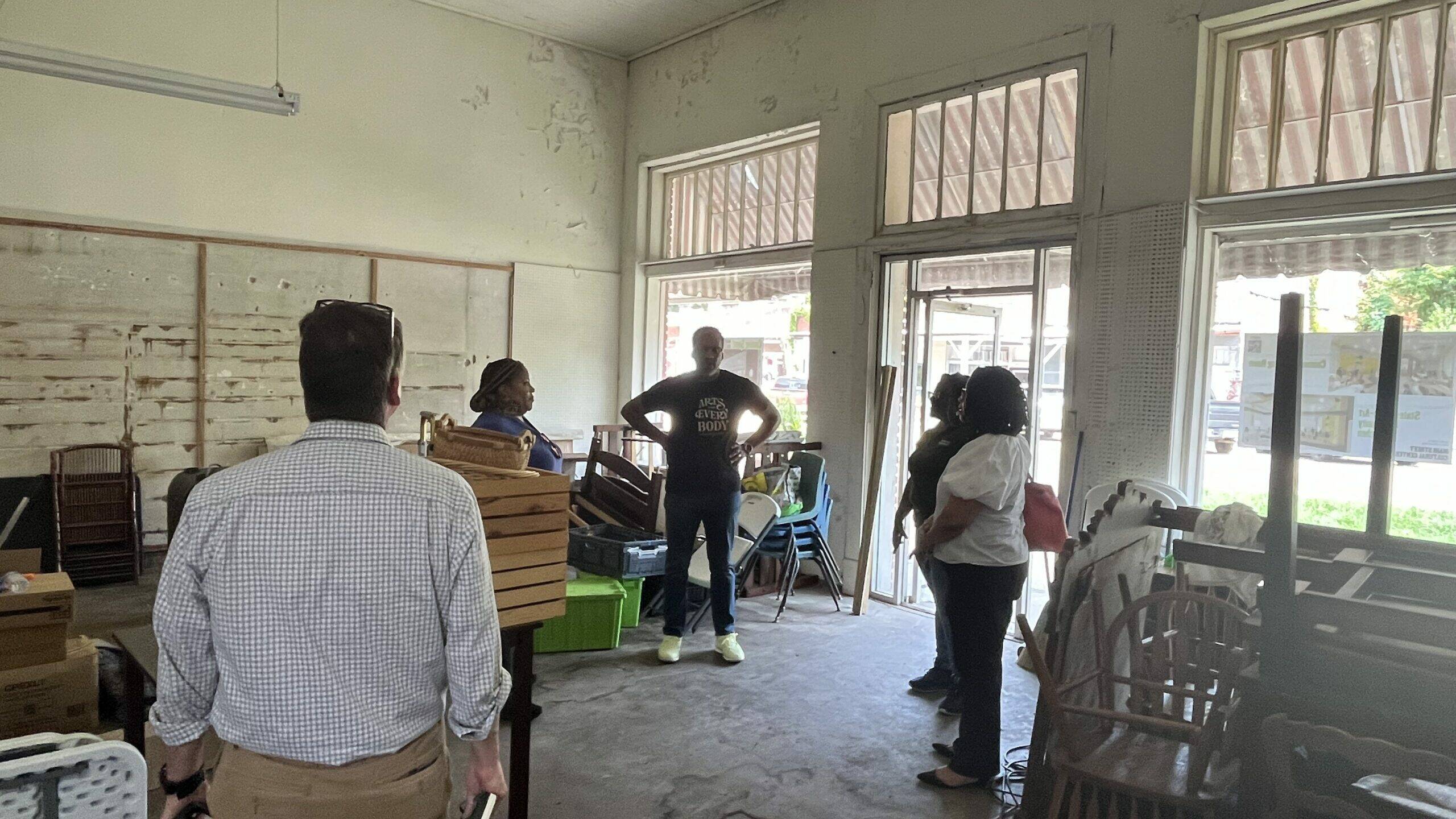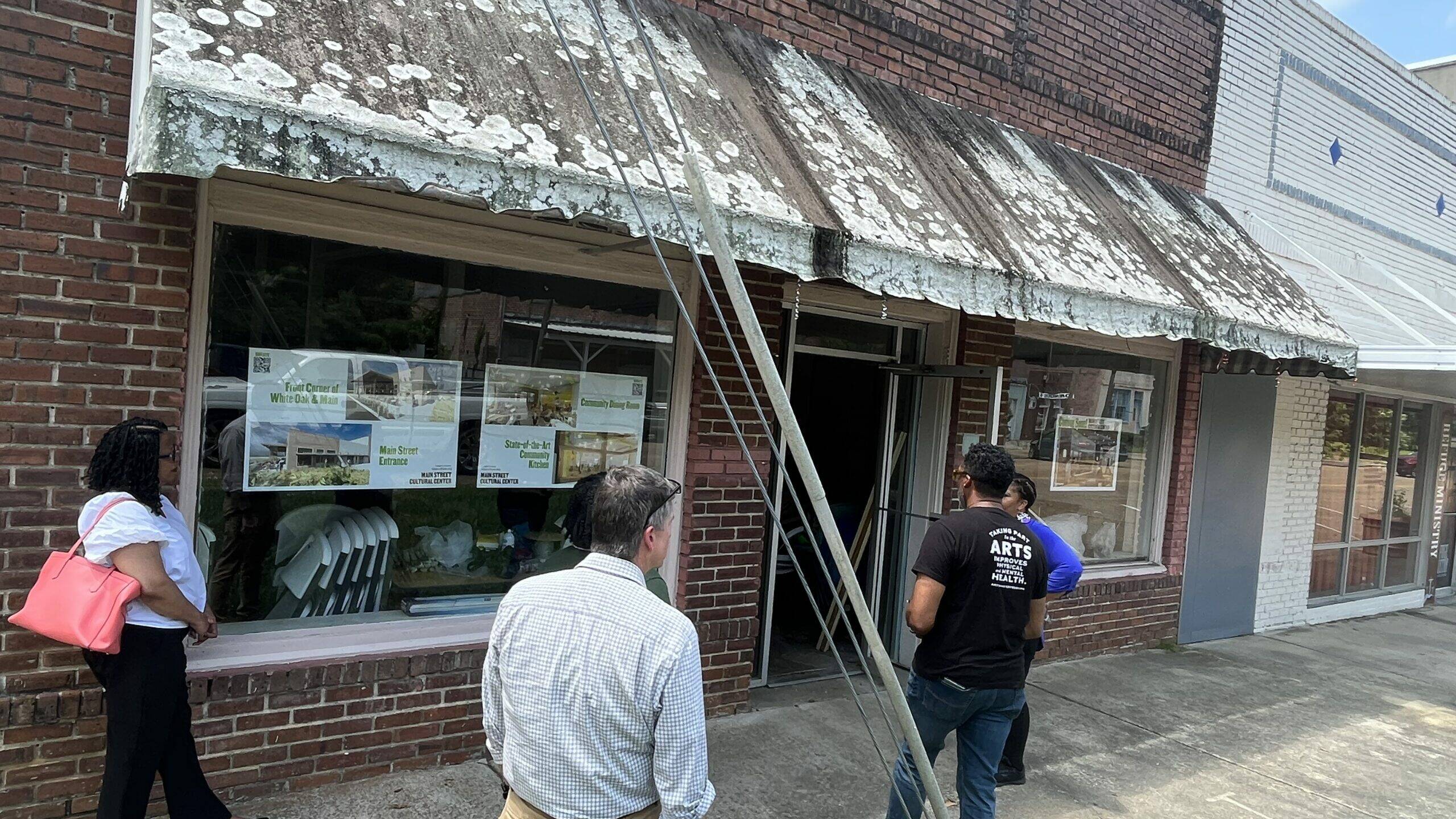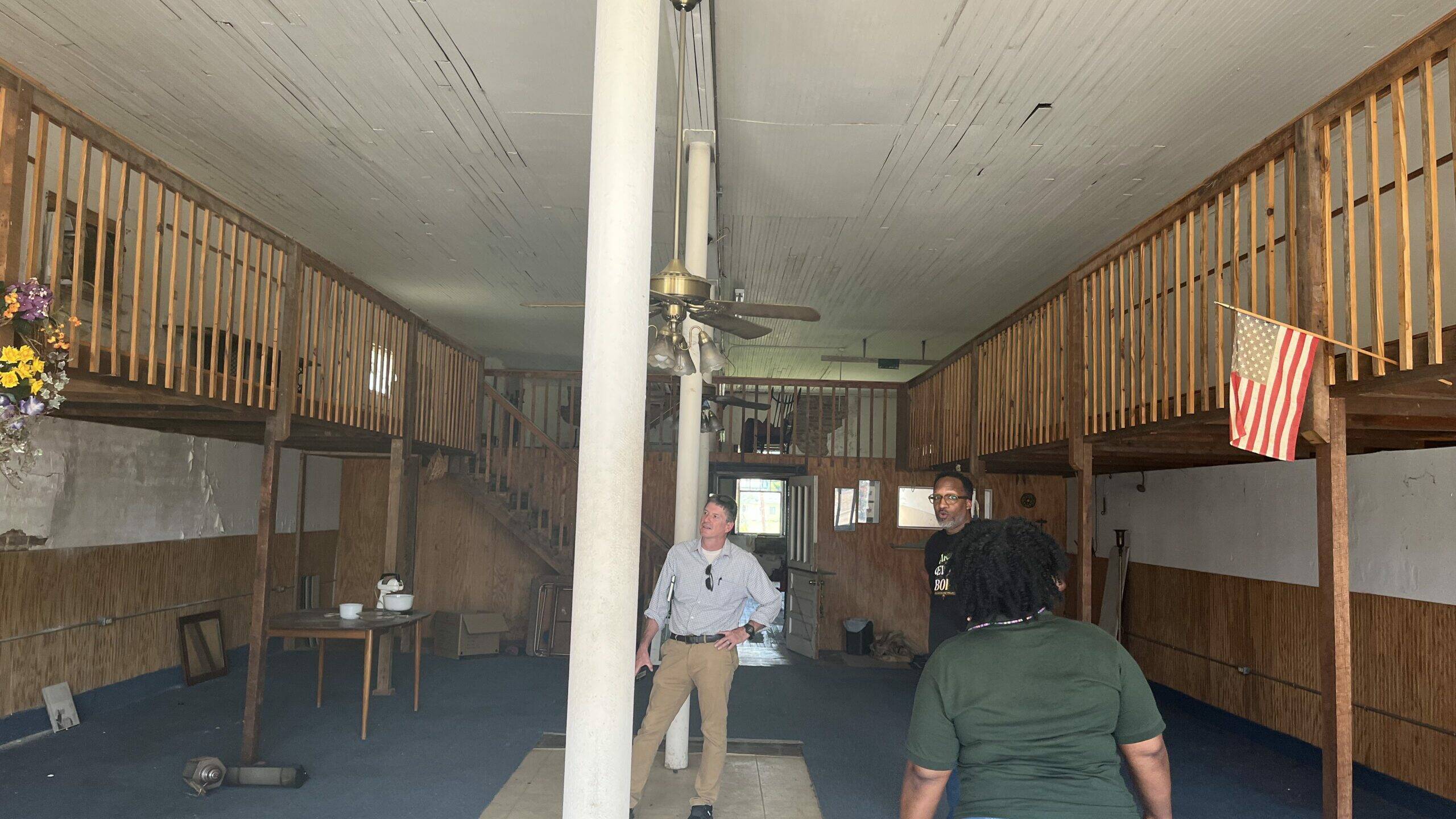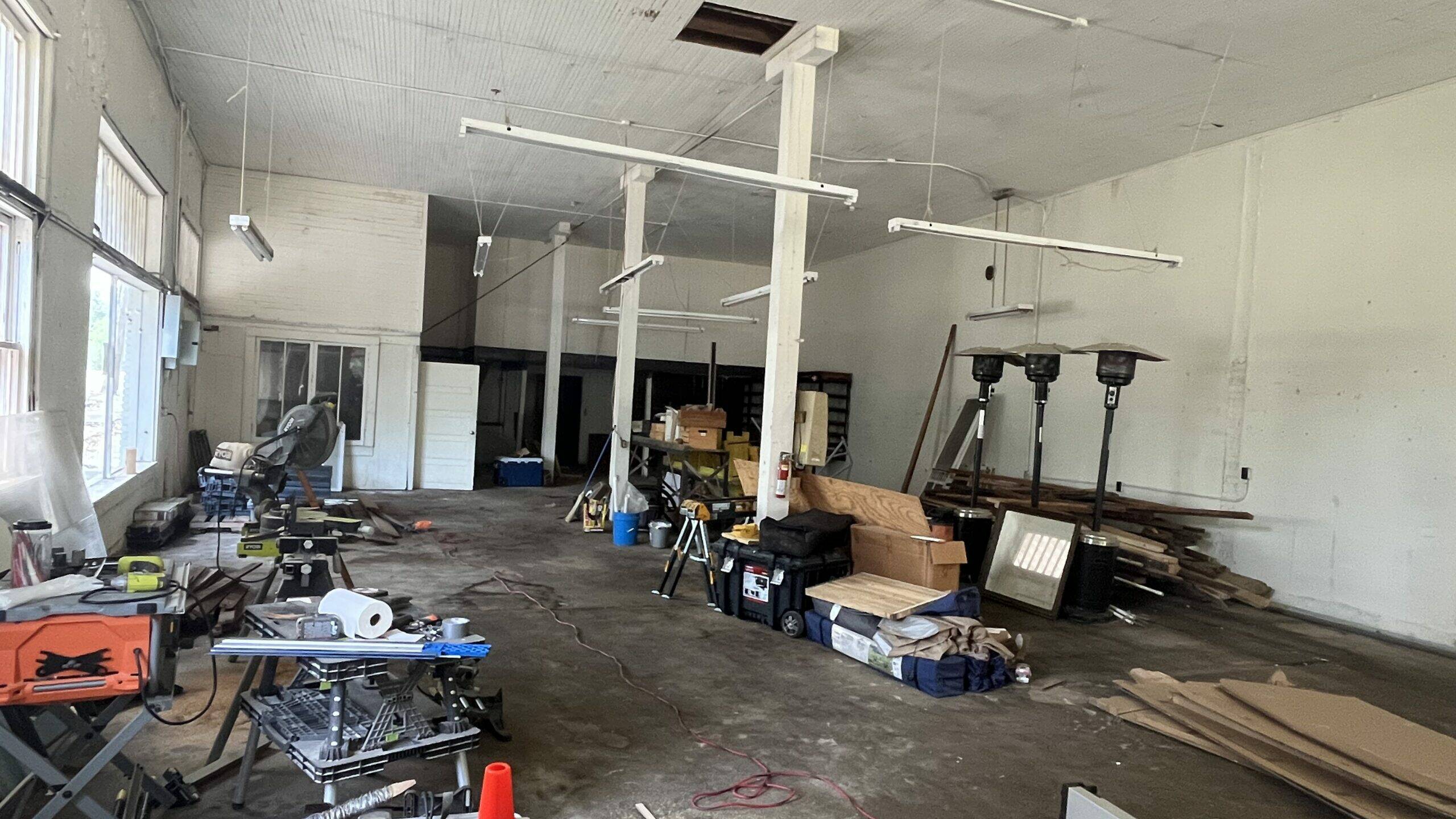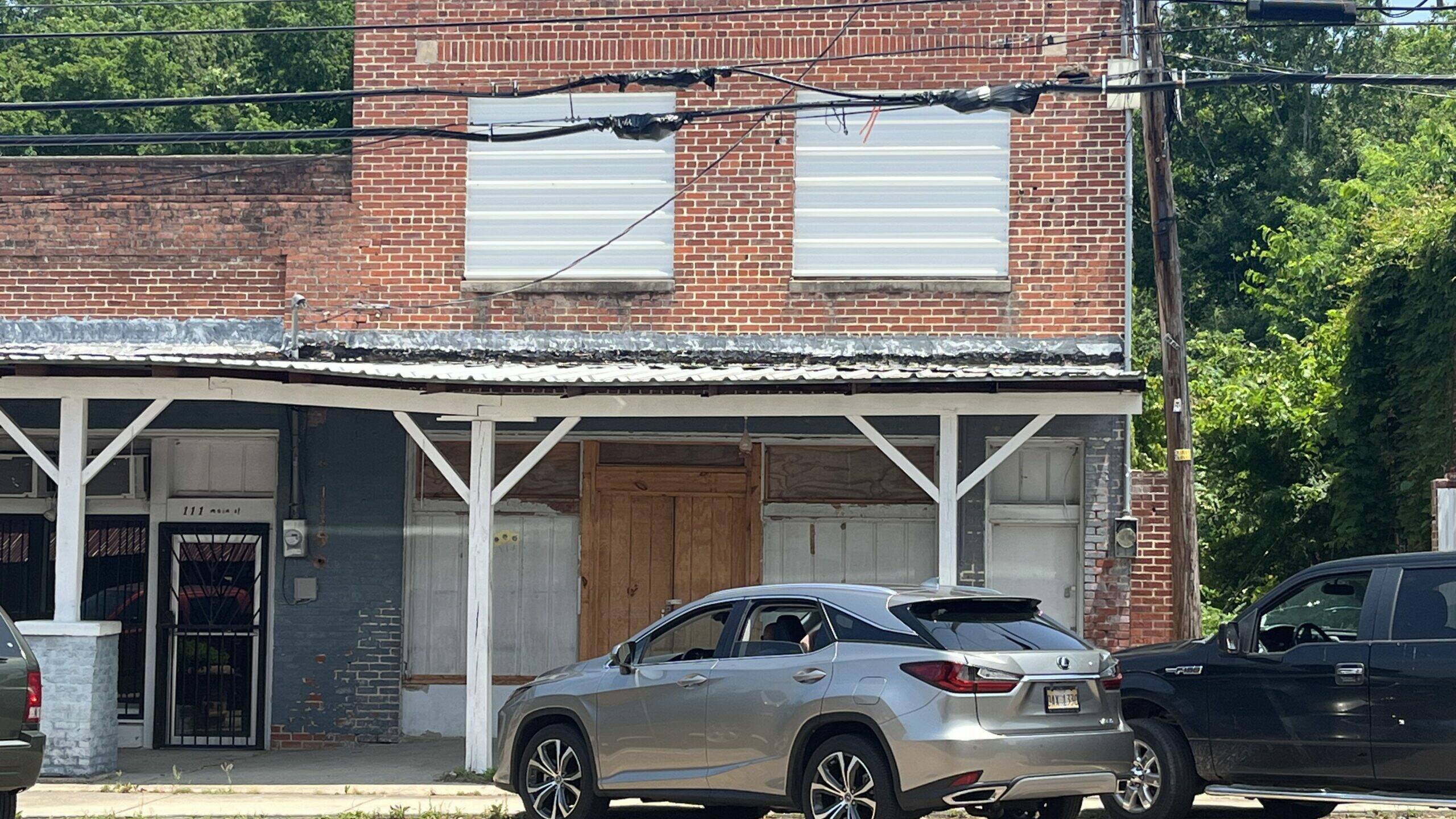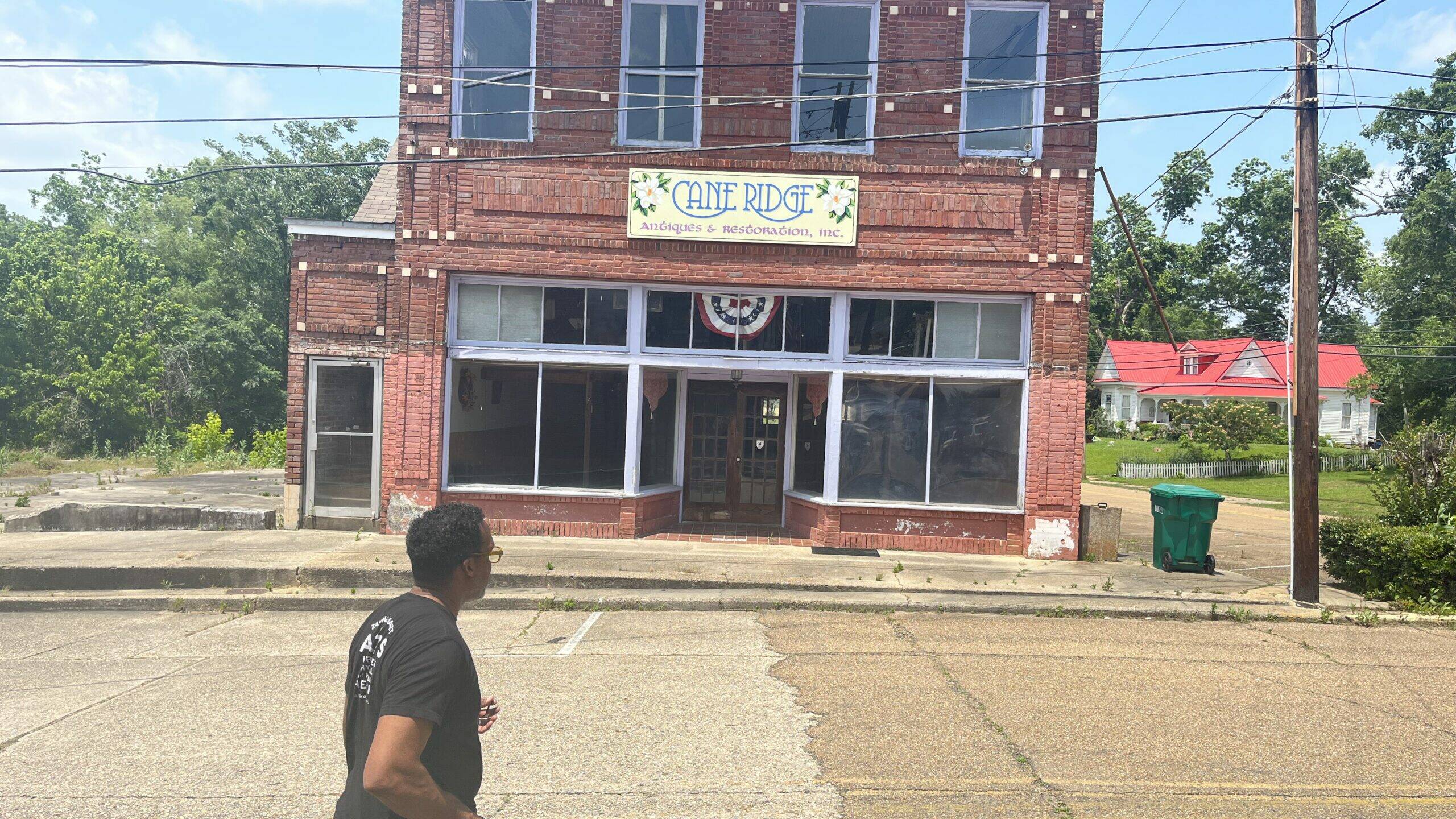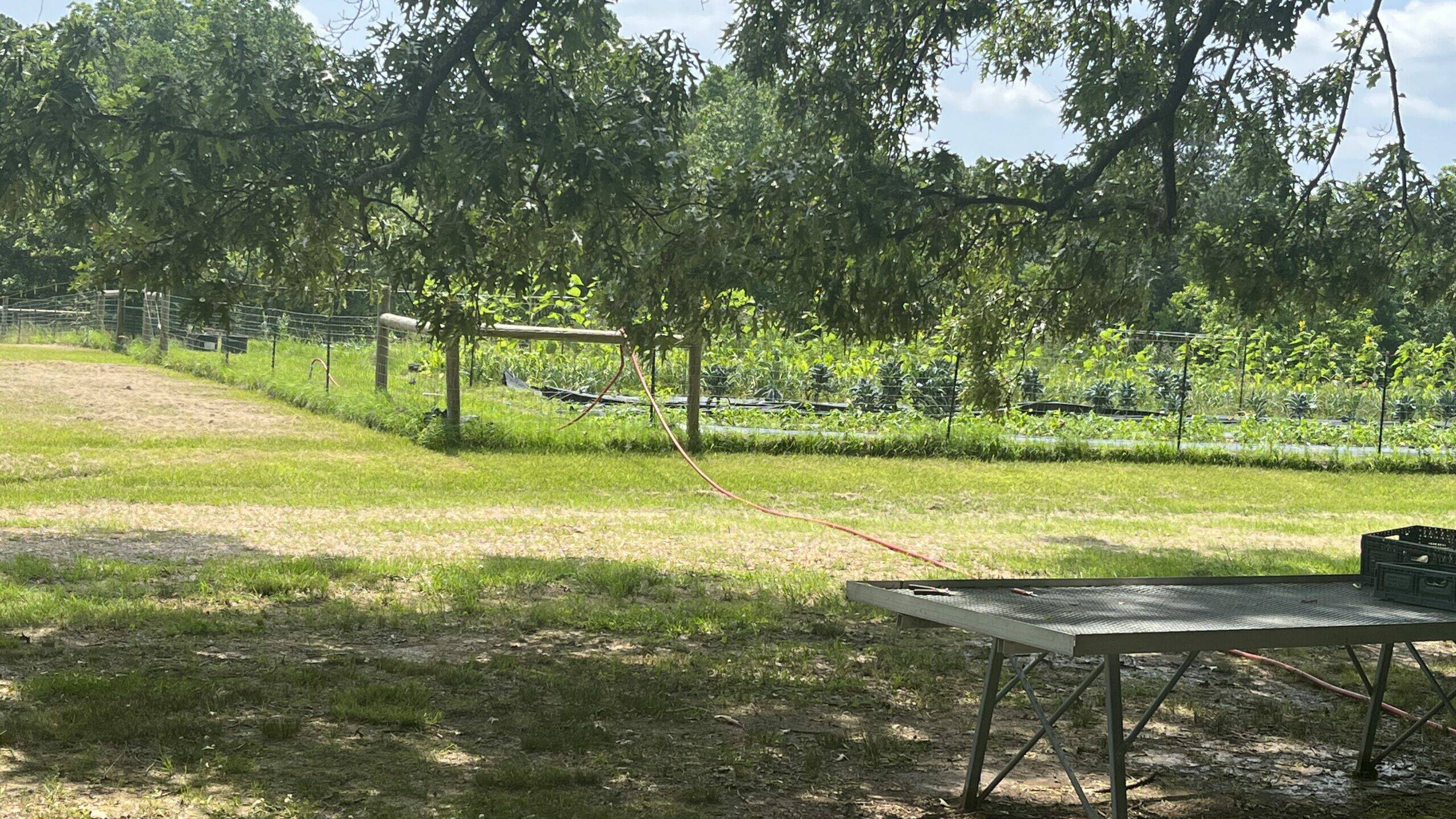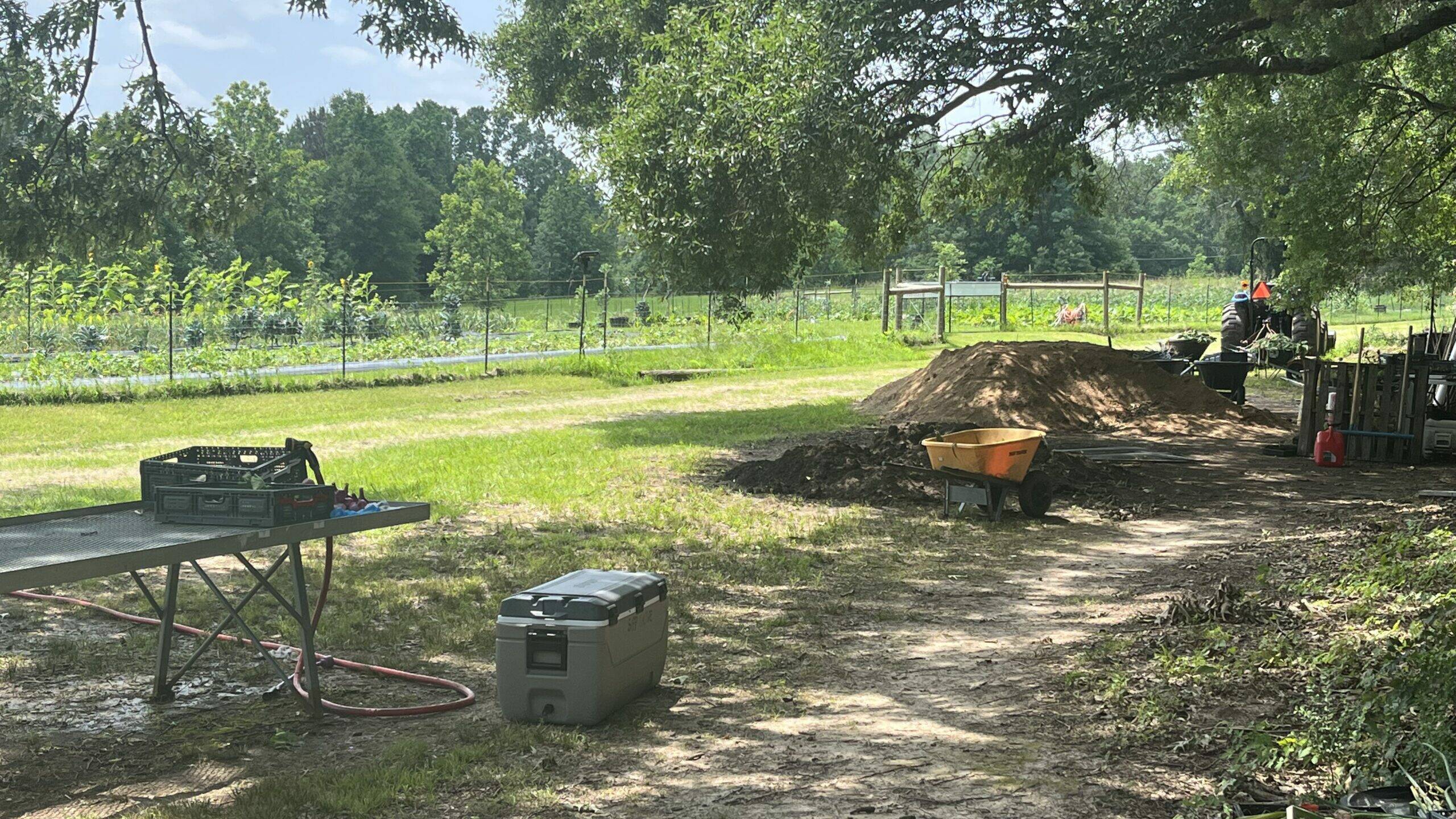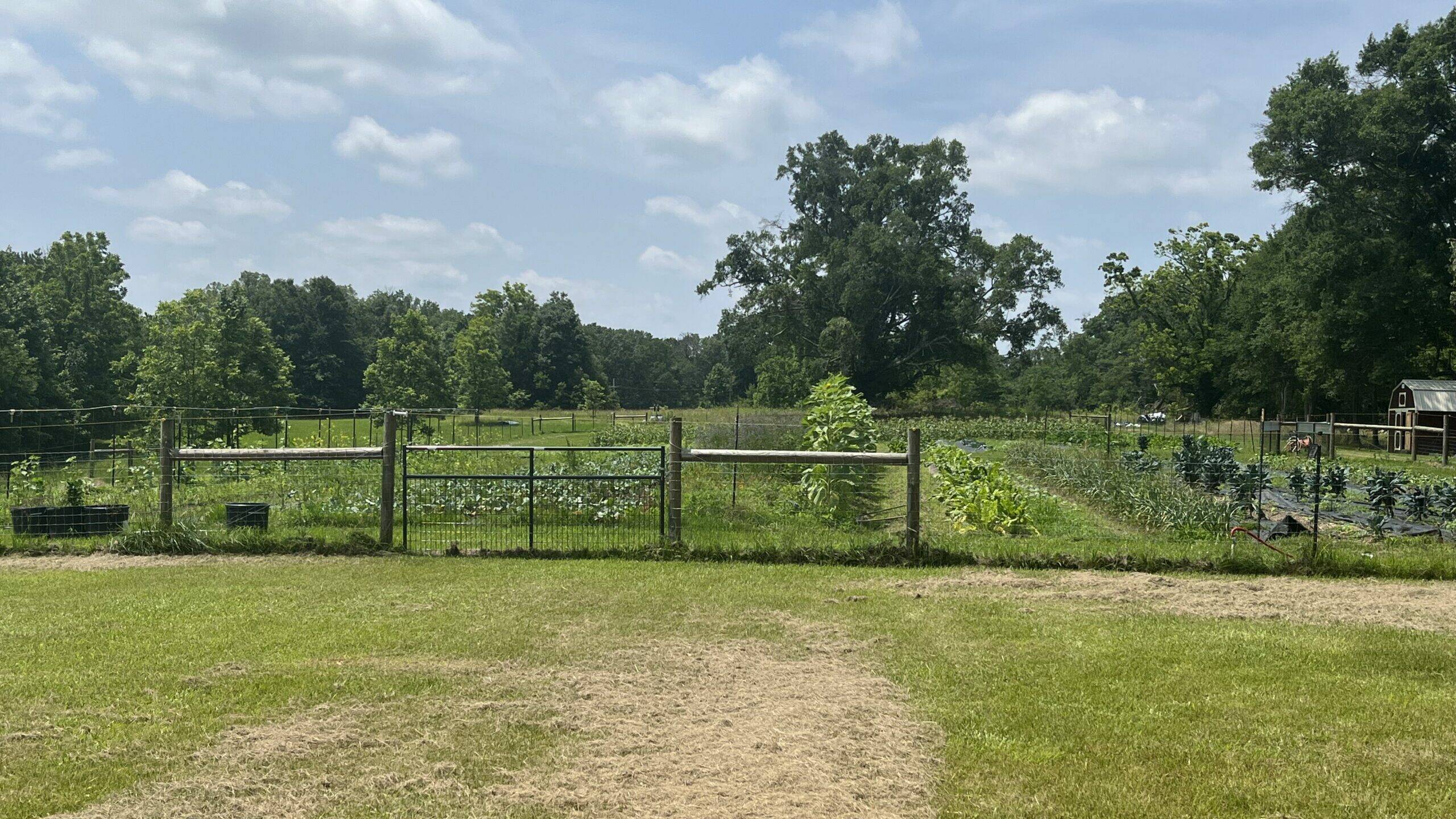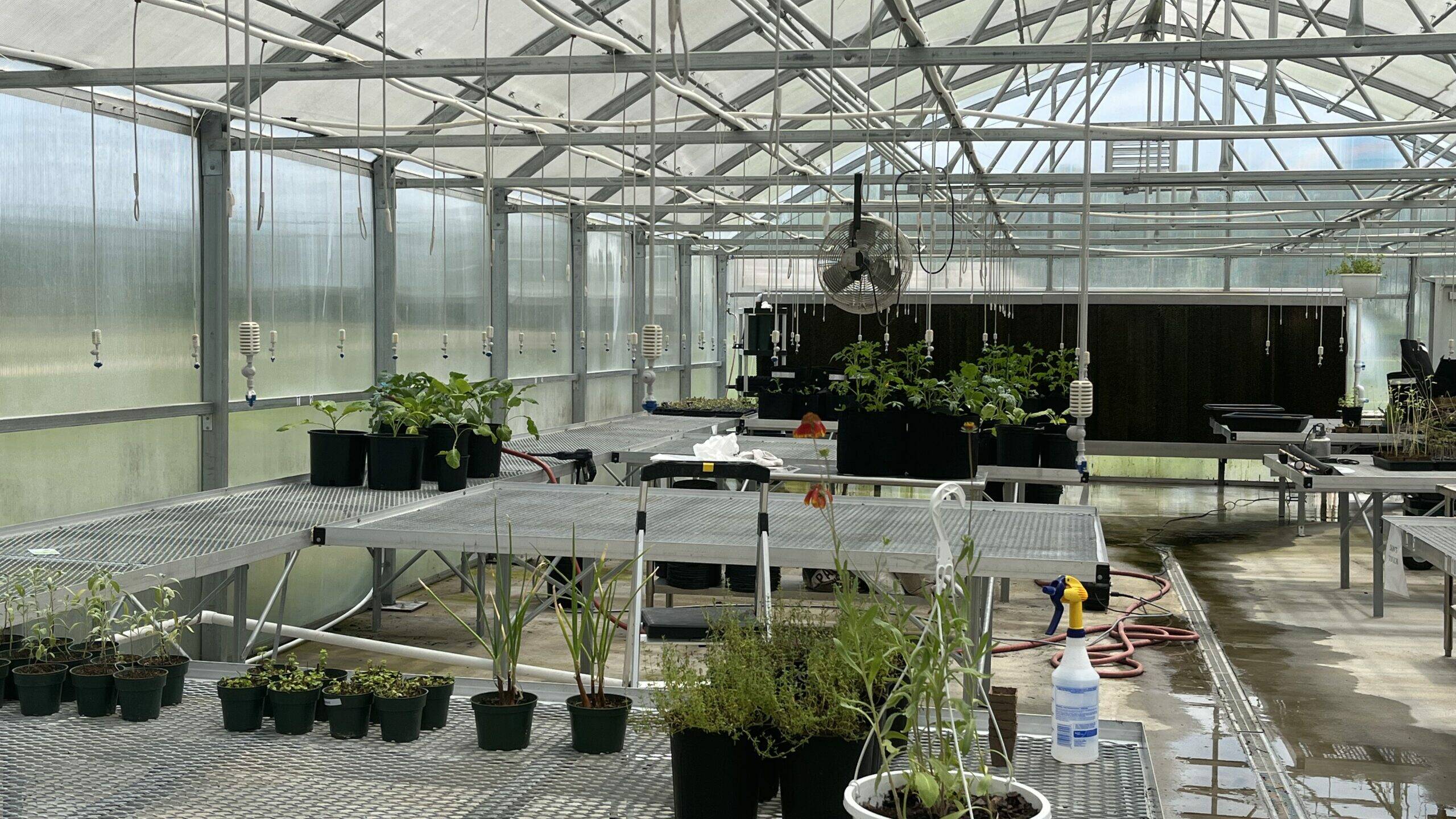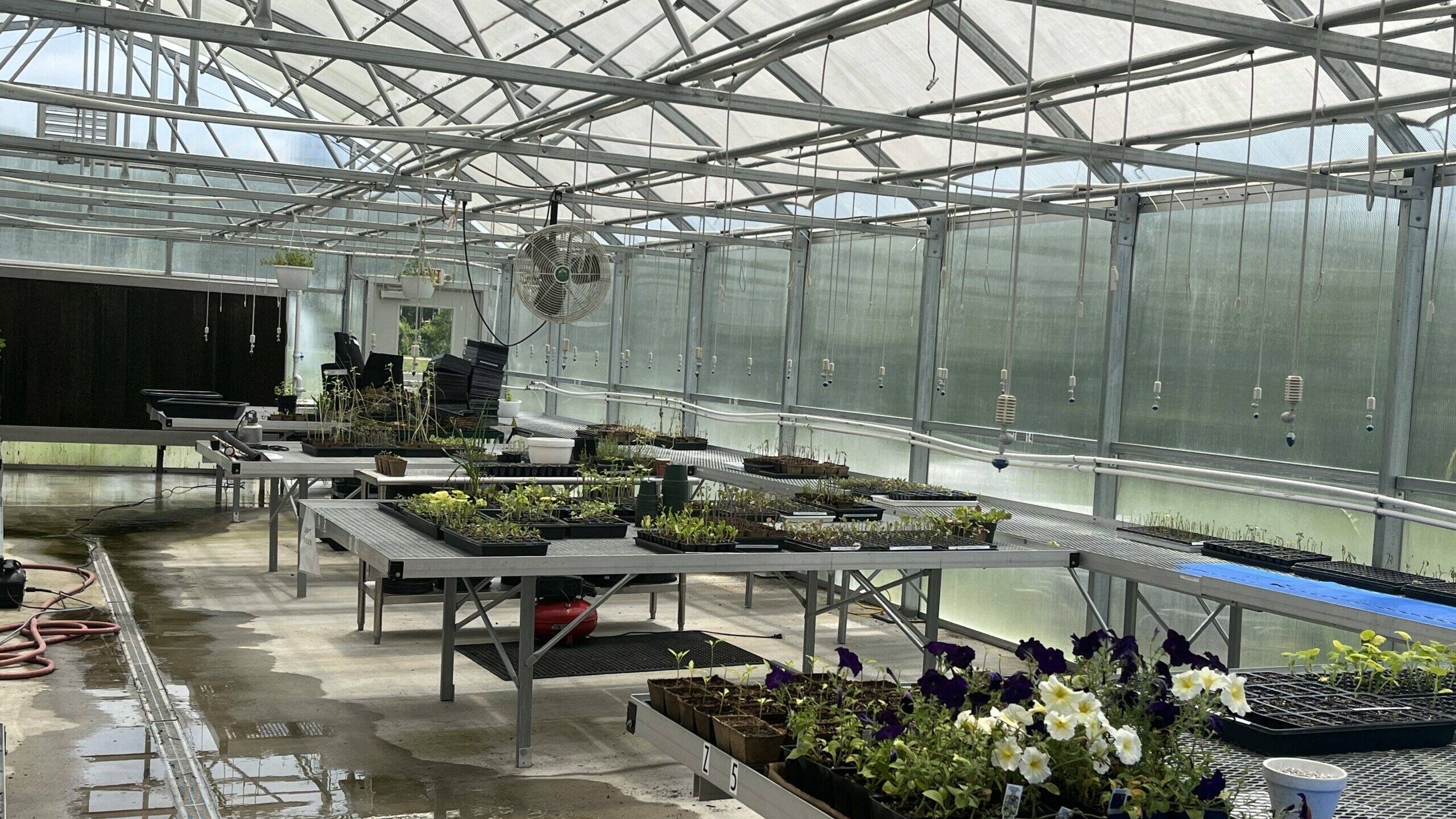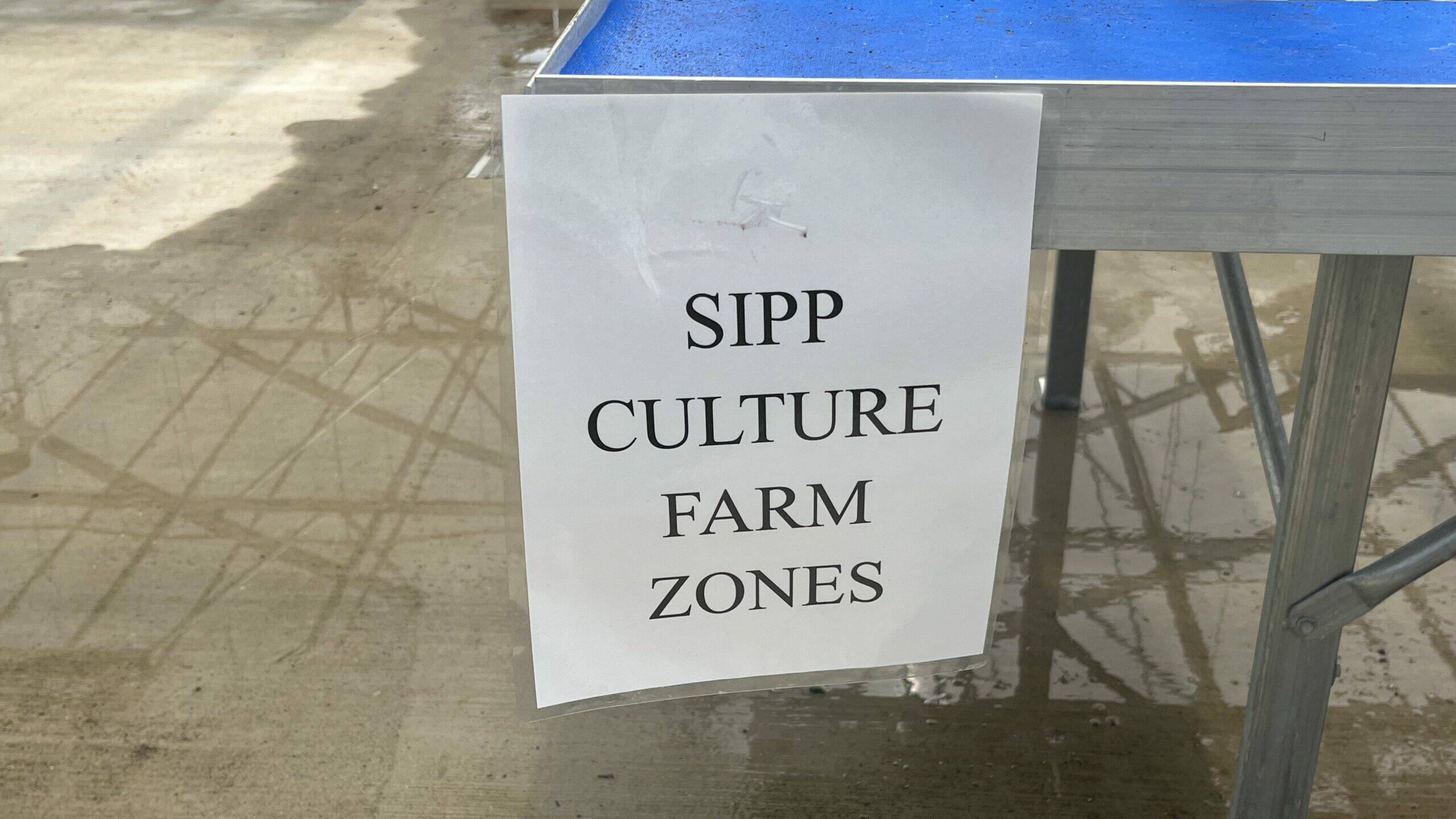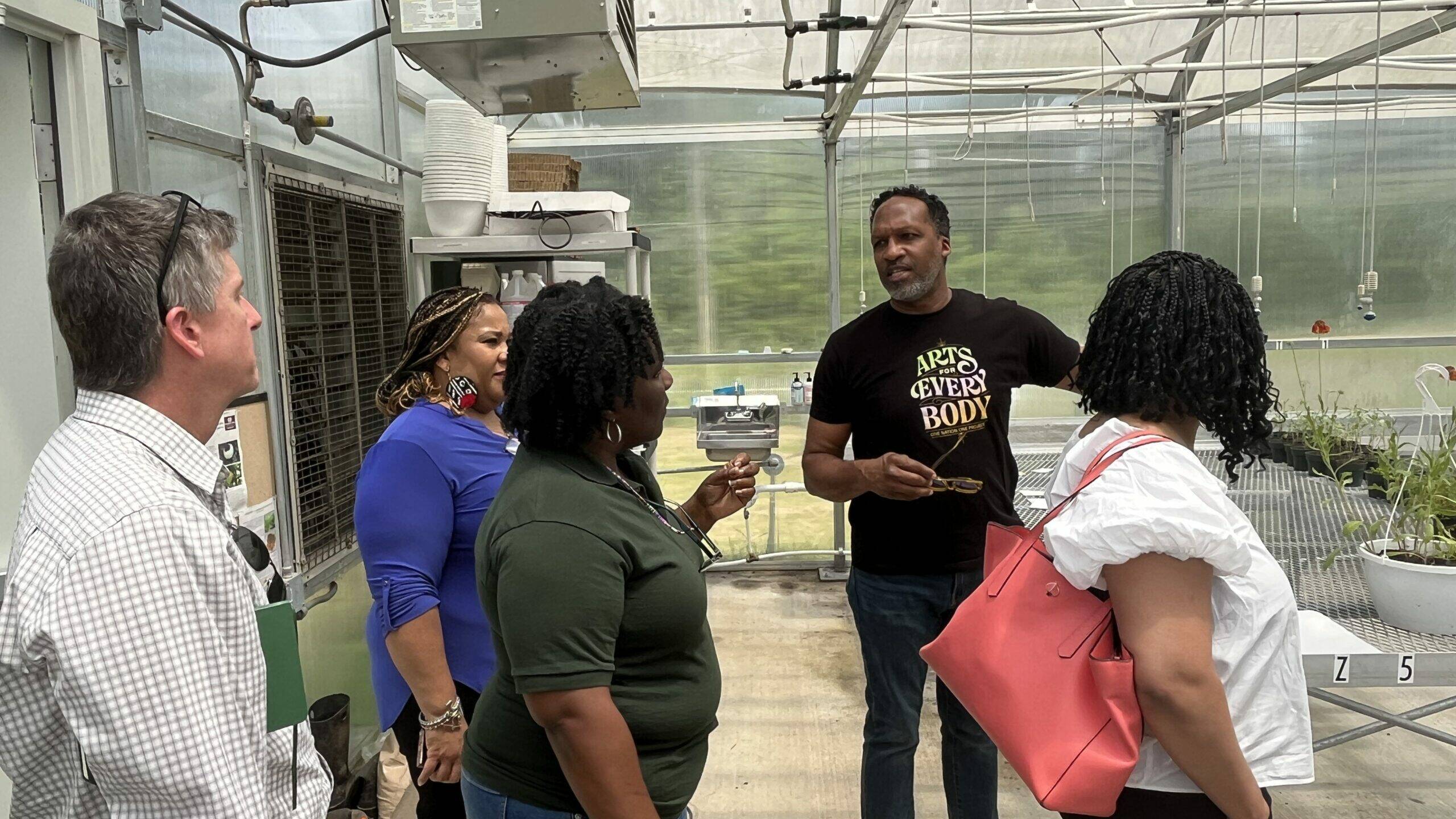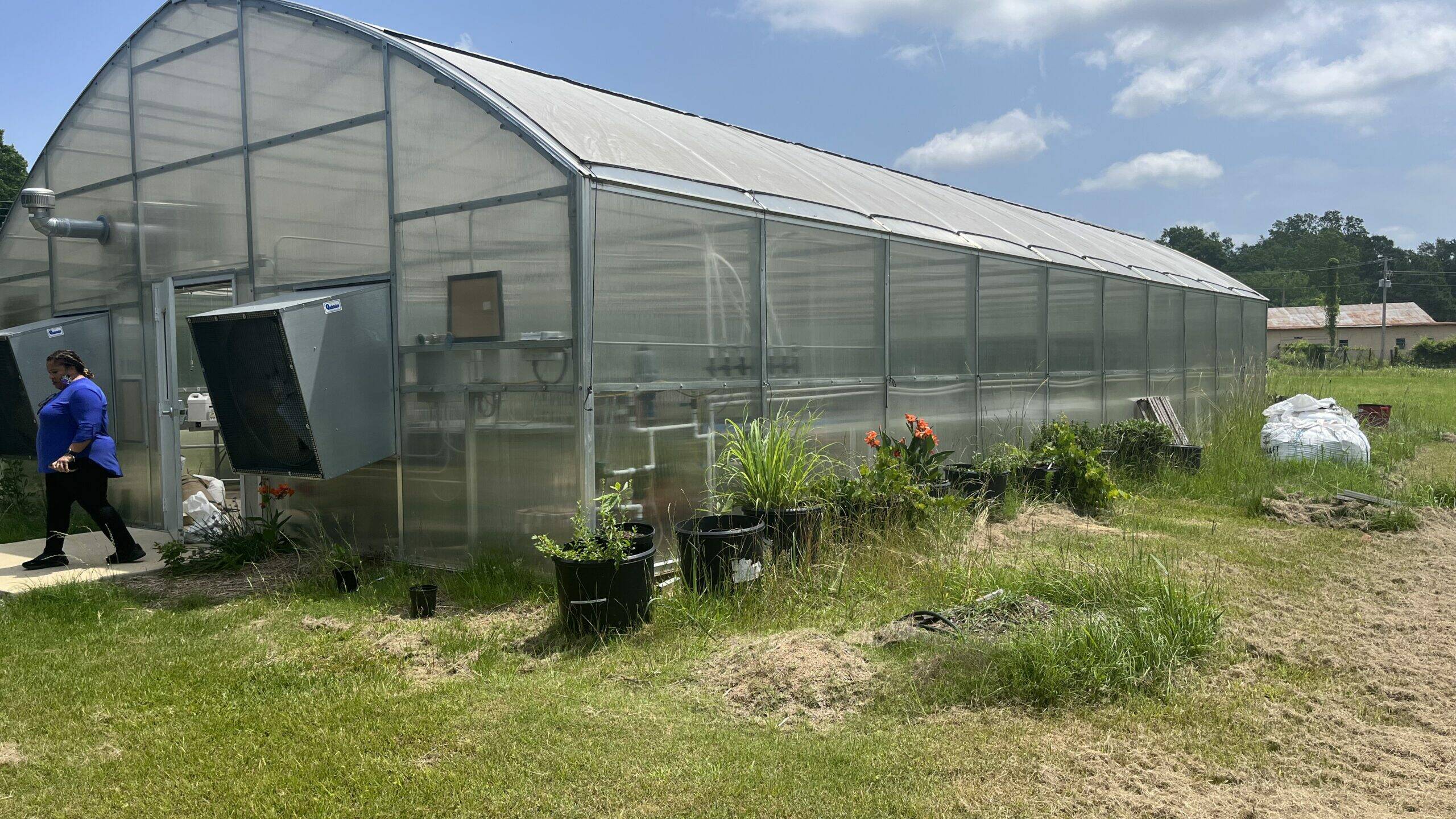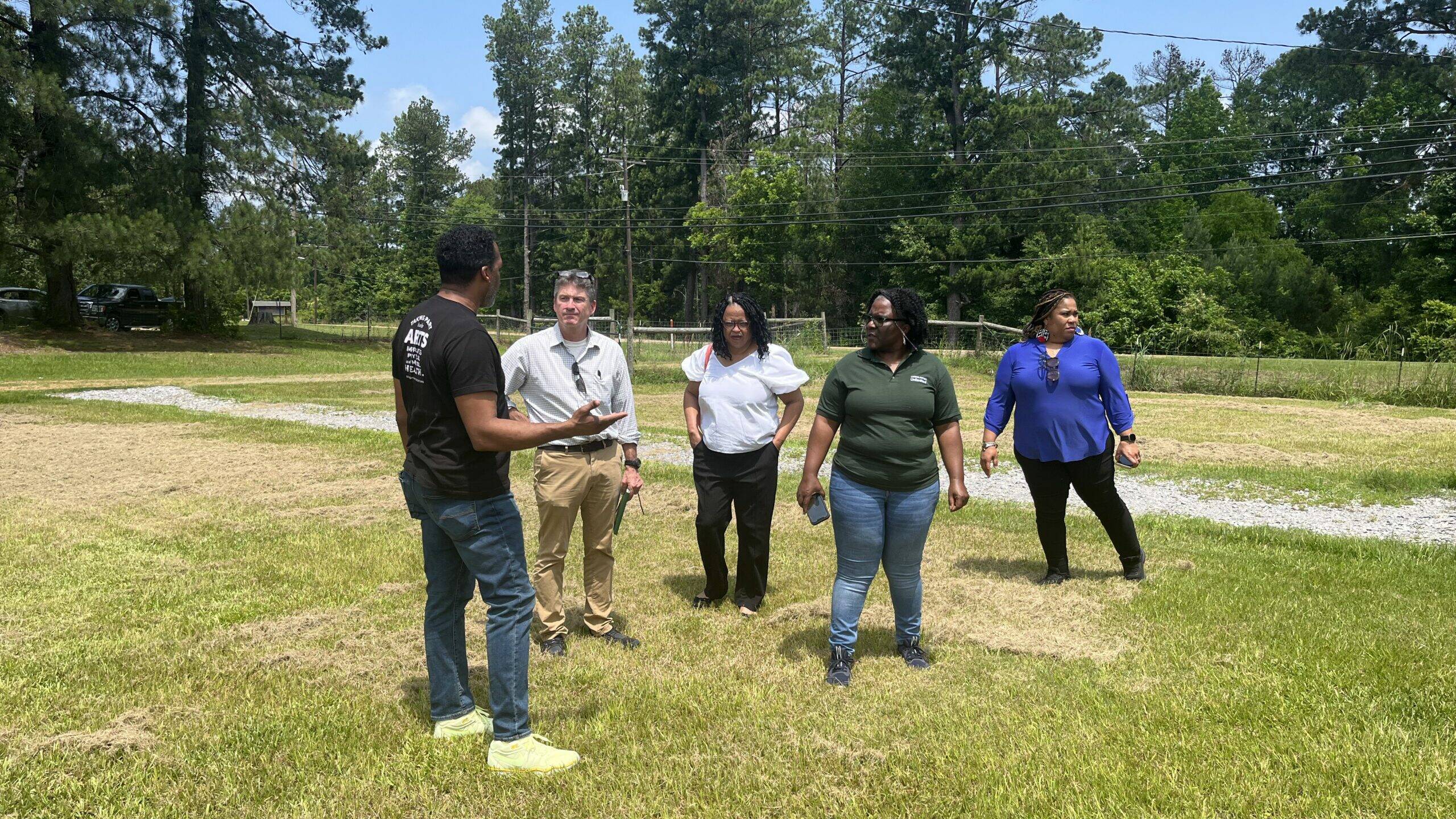Utica, Mississippi, once a vibrant hub of culture and agriculture, is now on the verge of a revival thanks to the local nonprofit Sipp Culture. Despite setbacks like losing its high school in 1993, the shirt factory closing in 1998, and the grocery store shutting down in 2014, hope is returning through Sipp Culture’s efforts.

“The community I remember growing up in had lost its pulse, its vibrancy,” Carlton Turner said. “We started Sipp Culture to have conversations with the community, understand the decisions that got us here, and envision a collective future.”
One of Sipp Culture’s ambitious projects is a 17-acre plot, with eight acres for farming. They grow vegetables and fruits to address the town’s food desert after the grocery store closed. Their vision also includes a multipurpose building for events, town hall meetings, performances, a community kitchen, and office spaces.
Carlton Turner first learned about Communities Unlimited (CU) through a fellowship with the Robert Wood Johnson Foundation, where he saw CU’s work in the Mississippi Delta. This led to many discussions with CEO Ines Polonius.
Along with that connection, each year, a CU Community Sustainability Team member takes on a new city. Community Facilitator Kelle Menogan chose Utica due to its decline and urgent need for revitalization, highlighted during a town hall meeting where Sipp Culture’s vision was presented.
CU’s comprehensive approach to community needs was clear during a tour of Utica. Their support, from Entrepreneurship to USDA resources, promised lasting benefits for the town. Seeing Sipp Culture’s potential, Menogan brought in several CU teams to help.
Brenda Williams, CU’s Healthy Foods Coordinator, discussed farm life and healthy food resources. Russ Garner and Lorraine Magee offered their expertise in Community Sustainability and Community Infrastructure. LaKetter Cannon from the Entrepreneurship Team connected with Turner to discuss business strategies.
At CU, this approach is called “strategic blending.” It means CU brings multiple resources to the same community to address its diverse needs comprehensively.
Watch as Carlton and Brandi Turner show CU’s Team the building that will soon become the cultural center in downtown Utica
"Strategic blending is important. My purpose is to give every community all of CU, not just what one department can offer. I want us to be a big resource outlet for every little community we serve."

— Kelle Menogan, Jr., Community Facilitator
Turner emphasized the importance of local food production.
“Starting the community farm and growing our food has been crucial,” he said. “It’s not just about having a grocery store but about creating multiple ways to access food and investing in the community’s long-term future.”
Sipp Culture also focuses on cultural production, involving artists in music, poetry, and visual arts, contributing to the community’s development. Their philosophy is that gathering and sharing local stories supports safe and thriving communities.
“Our work uses the stories of our community as research and information to move forward together,” Carlton said. “It’s about being grounded in history, inspired by the present, and motivated by the future we want to create.”
The partnership between CU and Sipp Culture shows how communities can address their needs comprehensively. “When Kelle reached out, it was clear their approach aligned with our vision,” Turner said. “Having a partner like Communities Unlimited will benefit Utica for years.”
With CU’s support, Sipp Culture has made progress on its projects, and the community’s response has been overwhelmingly positive, with residents expressing hope and excitement.
“Utica has all the potential in the world to be a model for Southern rural communities,” Turner said. “It’s about ensuring that the people who live here benefit first and most from any good that comes from the community.”
Sipp Culture and CU recently received an inaugural grant from the Trust for Civic Life, a new initiative supported by about 20 funders. The grant aims to strengthen civic hubs in rural communities, especially in the Black Belt. It recognizes the civic engagement work of both organizations.
Over the next three years, Sipp Culture, CU, and 18 other organizations will participate in a learning community. This grant will help both organizations enhance their efforts and make a bigger impact on their communities.
Change takes time. Menogan says that in 10 to 15 years, Utica could see more structure and local businesses, boosting the economy. CU and Sipp Culture are committed to growing their partnership and bringing more resources to Utica.
“Our goal at CU is to help bring communities like Utica back to life,” Menogan said.
"Partnerships are essential because we can't achieve our goals alone. We want to demonstrate what a good partnership looks like, and we believe this will benefit everyone involved. As institutions and peer organizations, we can proudly say, 'We did that together.' Our community will see and appreciate the positive impact of these efforts."

— Carlton Turner, Co-Director & Lead Artist
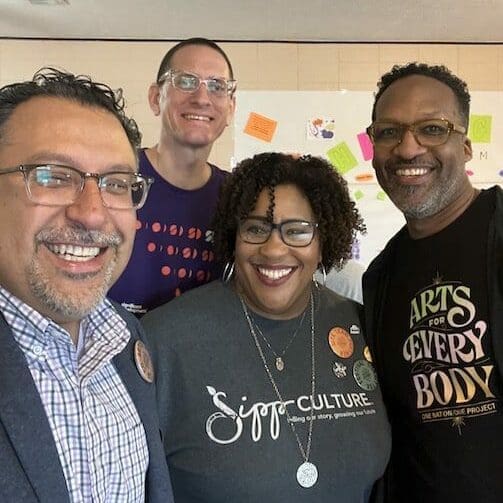
The team at Sipp Culture is aiming to do amazing things for Utica, MS. In 2024, the Mississippi Center for Cultural Production (Sipp Culture) will open the Main Street Cultural Center on Main Street in downtown. The opening of this newly imagined and renovated space marks a new beginning for the small rural town of Utica. This space occupying a corner lot in downtown Utica hasn’t been a viable business for more than two decades. Through this renovation project, this space will now provide a state-of-the-art commercial kitchen and an intimate venue for the presentation of music, film, and multidisciplinary performance and visual art. It will serve as Sipp Culture’s primary presenting venue for year round arts programming. Help them build a home for community food and story.


